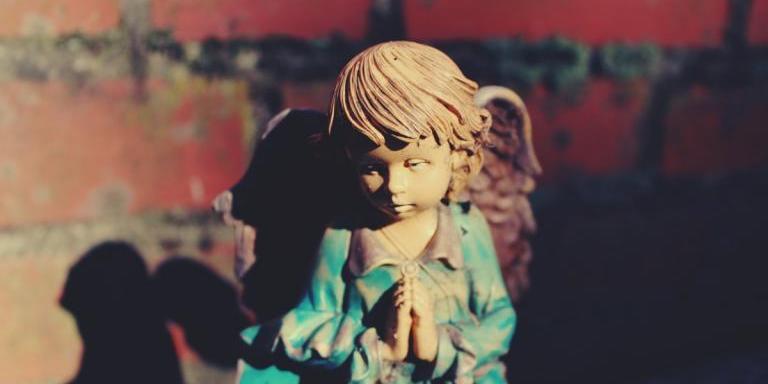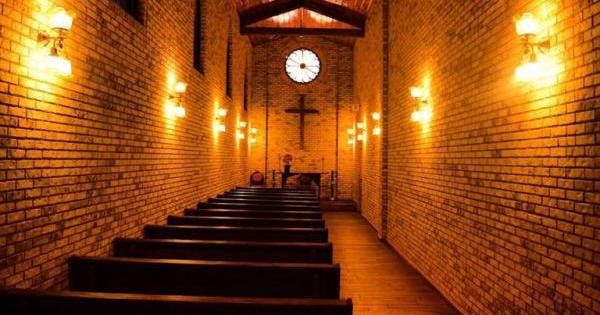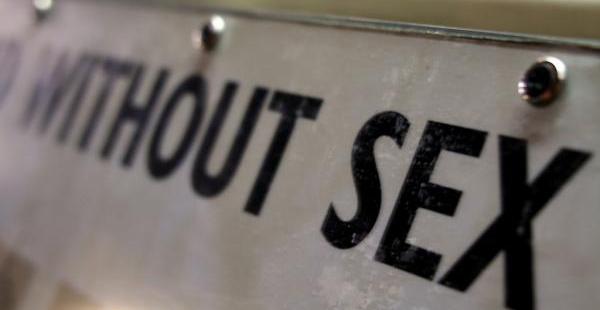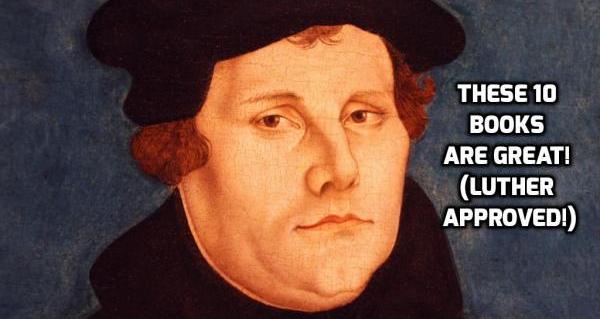Several years ago I was asked that question: “When will your theology stop changing?”

It was in the context of my application for tenure at the evangelical seminary for which I was teaching.
I couldn’t read his mind, but I suspected the answer he was looking for was something like:
“My theological transformation stops at the edges marked out by the orthodox doctrine to which I have already committed (and I reiterate that commitment by continuing to remain a part of this particular academic and faith community).”
In other words, the statement of faith which marks out the theological fundamentals of the institution to which I was committed (and which was committed to me, also) serves as a guard-rail for my theological pursuits.
I could explore all I wanted, and model that exploration for my students, so long as those guard-rails of orthodoxy were kept firmly in place and so long as any potential serious modifications to my theology would be rebuffed by those guard-rails, whenever they threatened to cross those lines.
Now, there is nothing unusual, surprising, or diabolical about that arrangement. Statements of faith function to create theological (and ideological) consistency within a community. They serve as “grammars” by which people communicate a single theological and faith language with each other. Creeds and confessions of faith have functioned that way for thousands of years in Christian history. Sometimes they work well and contribute to healthy and vibrant communities; at other times they are used to oppress, manipulate, and suppress.
What differentiates a healthy community from an unhealthy one is not necessarily the presence or absence of an explicit theology, be it a creed, confession, statement of faith. To expand it out further, nor is the difference necessarily the presence or absence of explicit ideological commitments–say, in political or secular institutions. (point being: statements of faith are not just for religious communities).
Nonetheless, a special kind of tension exists for the theologian who works within a community that has an explicit statement of faith (guard-rails, across which you may not pass!). Theologians should be prone to seeking truth, open to critical reflection on inherited theology, open to revising assumptions about God and reality. They should respect tradition, for sure, and also respect the contours and values of the community of which they are a part. But the job of the theologian is, at least in part, to pursue God and to pursue truth, wherever that path might lead.
My answer, those years ago to the question, “when will your theology stop changing?” was something like:
“I can’t say for sure that it ever will stop changing. I have some deep, core convictions that seem (at the moment, anyway) unassailable. But I owe it to myself and to my students to remain open to revising my theology, on the basis of new insights, new information, and new experiences. If theology is the logos or “speech” about God, how do we put a lid on that? How firm can or should the guard-rails really be?”
To his credit, by the way, he took the answer in stride. But I had a feeling it wasn’t the right answer, nonetheless.
Now, how would you answer that question? “When will your theology stop changing?” What keeps it from going off the rails?











